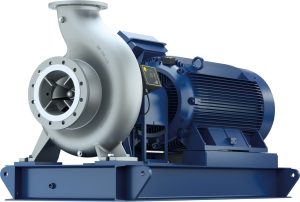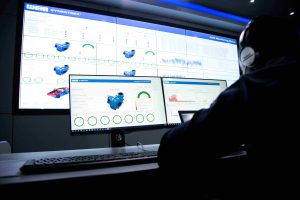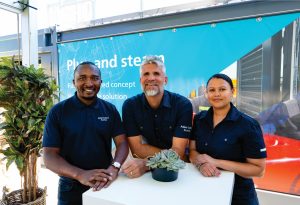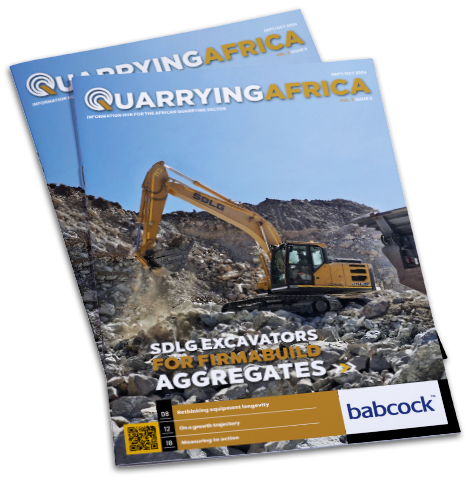In today’s market customers have to maximise their return on investment to stay competitive, and companies like Pilot Crushtec partner closely with customers to ensure equipment will continue to produce at the lowest cost per ton. This is according to company sales manager Charl Marais who says Pilot Crushtec, together with Metso Outotec, recently delivered and installed a world first upgrade to older Metso Outotec mobile crushing equipment.
“In doing this we created an opportunity to breathe new life into older machines in a way never done before in the industry,” he says. “In this particular case the upgrade, which was done on site, was to a Lokotrack LT300HP cone crusher with a belt feeder, which has now been upgraded to include a vibrating grizzly feeder. This upgrade significantly increases production capacity and decreases wear on the cone crusher.”
Migrating to the TK feeder option on Metso Outotec Lokotrack LT300HP cone crushers assists in maximising productivity, increasing throughput and reducing costs per tonne for several of Pilot Crushtec’s mining and aggregate producing customers.
Marais says these upgrades are particularly exciting for Pilot Crushtec as it is the first time this type of upgrade has been conducted within the international Metso Outotec community.
“The majority of Lokotrack LT300HP cone crushers we have in the field use a belt feeder,” he explains. “However, applications change due to market demands and customer expectations resulted in our working with customers to take their equipment to the next level.”
The Lokotrack LT300HP – an efficient and flexible mobile cone crusher for secondary and tertiary stage crushing – has always been available with either of the two feeder options. The TK feeder includes the advantage of a vibrating pan feeder with a grizzly. Local customers have historically opted for the belt feeder, largely due to the lower upfront capital cost of this option.
A belt fed cone crusher comes with a feed hopper at the back of the machine. Material from an excavator feed is received and directed onto the belt conveyor, which then carries the material to the cone crushing chamber.
With a belt feeder, the cone crusher is fed with a high proportion of fine material. This adds to the load in the crushing chamber but does not contribute to the high value output that the crusher produces. In contrast, the vibrating feeder and grizzly bars in the TK feeder allow the fine material in the feed to bypass the crusher and go straight to the stockpile or further in the process.
“Bypassing the fines and only crushing material that needs to be crushed increases your throughput,” says Marais. “A cone crusher is a volumetric machine by nature, and by taking out fines, you create more crushing volume in the chamber. For instance, if you bypass 20% of fines in your feed material, your production rate will increase by 20%.”
Pilot Crushtec has been able to assist several customers to upgrade their existing Lokotrack LT300HP cone crushers with TK feeders. A mid-tier miner has already gone the TK feeder route for two of its units operating at two different sites. A further unit has just been commissioned for another customer running a Lokotrack LT300HP cone crusher in an aggregate operation.
Marais highlights other benefits of the TK feeder, including reduced wear. Limiting the amount of fine material that reports to the crushing chamber increases the life of wear items, particularly crusher liners. This also reduces the machine’s power draw as the cone crusher’s closed side settings are maintained, translating into lower cost per tonne of material produced.
“As customers seek increased efficiencies and ways to reduce their bottom-line costs, we believe the trend towards upgrading machines as opposed to replacements will gain traction in the next few years,” concludes Marais. “Pilot Crushtec is committed to working closely with customers to find the best possible solution for their operations.”





